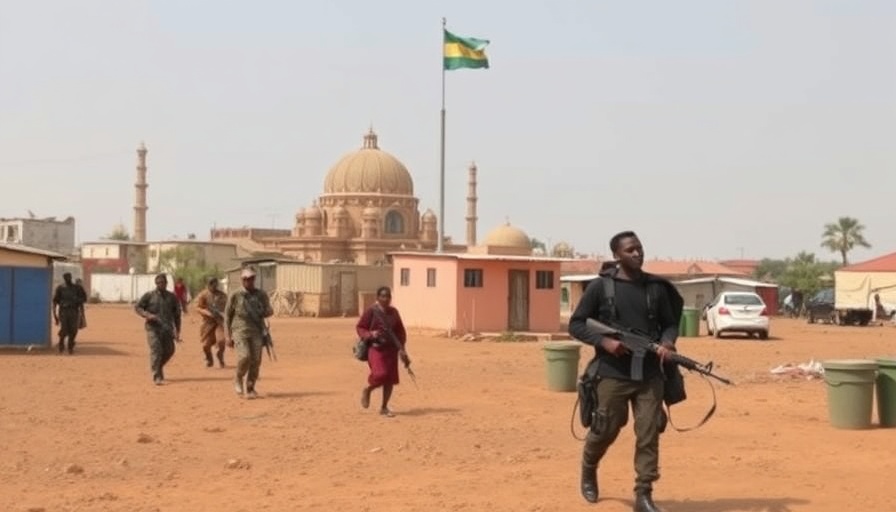
The Shifting Political Landscape in Somalia
In recent months, Somalia has witnessed a significant pivot in its political dynamics, particularly concerning the contested area of Las Anod. Prime Minister Hamza Abdi Barre's announcement to classify this land as an autonomous state under the SSC-Khatumo administration presents both opportunities and challenges. By granting SSC-Khatumo a status comparable to other federal states—Puntland, Jubbaland, Hirshabelle, South West, and Galmudug—Mogadishu aims to consolidate its authority and foster national unity amid rising tensions with Somaliland.
Long-standing Regional Tensions
This development unfolds against a backdrop of historical hostilities. Somaliland declared independence in 1991, leading to a protracted struggle for control over various regions. As SSC-Khatumo asserts its autonomy, conversations around national identity and governance gain urgency. The violence witnessed in Las Anod, particularly the deaths of 300 individuals and displacements of 150,000 during a bitter conflict with Somaliland, underscores the risks involved in this new political strategy.
Somaliland's Reaction and Implications
Somaliland's leadership has vehemently condemned Prime Minister Barre's plans, asserting that his approach poses a direct threat to regional stability. The sharp criticism from Somaliland's House of Representatives highlights the fragile nature of inter-regional relations and brings into question the legitimacy of the Somali federal government’s intentions. This tension between the two factions invites analysts to explore the potential for further conflict or the opportunity for negotiated peace.
International Stakeholders in the Mix
The involvement of international bodies like the African Union and the United Nations in this dispute will be crucial as they aim to mediate and foster dialogue. How these institutions maneuver within the emerging chaos will offer lessons for international diplomacy in similar African contexts. The capacity for meaningful dialogue is essential not just for peace in Somalia, but for the broader stability of the Horn of Africa, where issues of governance, autonomy, and identity frequently clash.
The Future of Mogadishu and Somaliland Relations
As Mogadishu backs SSC-Khatumo’s status, the future of relations between Somalia and Somaliland hinges on the careful balance of interests. Business leaders, investors, and policymakers should monitor these developments closely, as they can significantly impact trade and investment flows within the region. Will Somalia’s federal government successfully unify a fractured nation, or will it ignite greater divisions? The answers to these questions will shape the trajectory of Somalia's political landscape in the years to come.
In a climate characterized by historical grievances and power struggles, understanding these dynamics is crucial for stakeholders both national and international. The outcomes of such decisions will resonate across the geopolitical landscape, affecting African politics, governance, and economic relations with the world at large.
 Add Row
Add Row  Add
Add 


 Add Row
Add Row  Add
Add 

Write A Comment